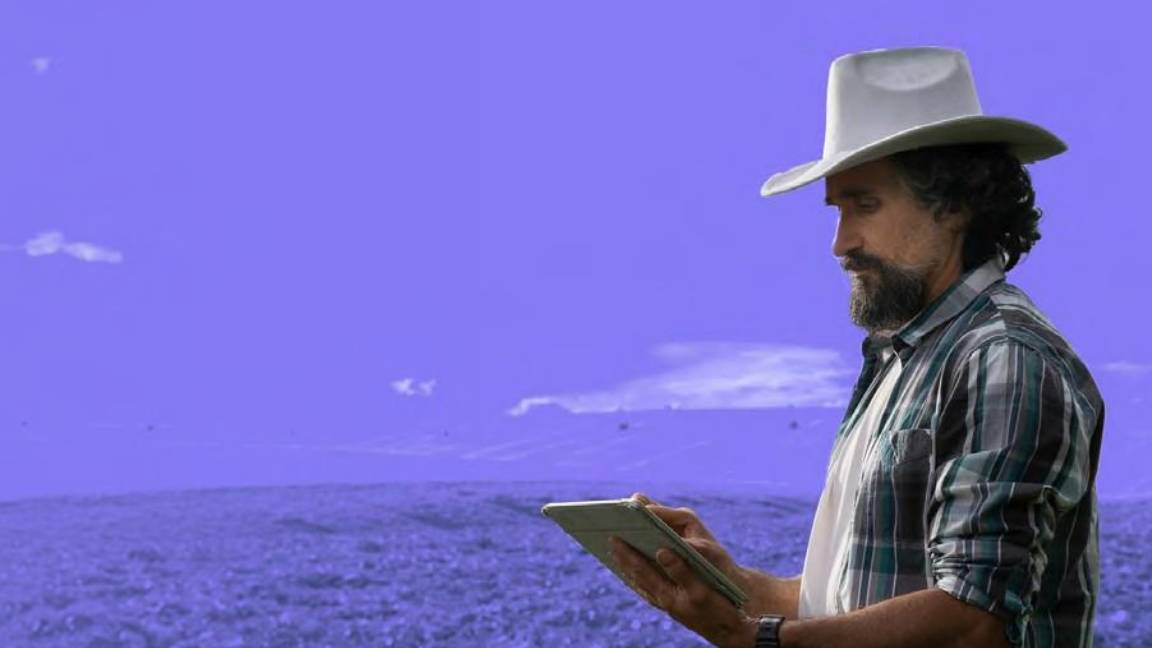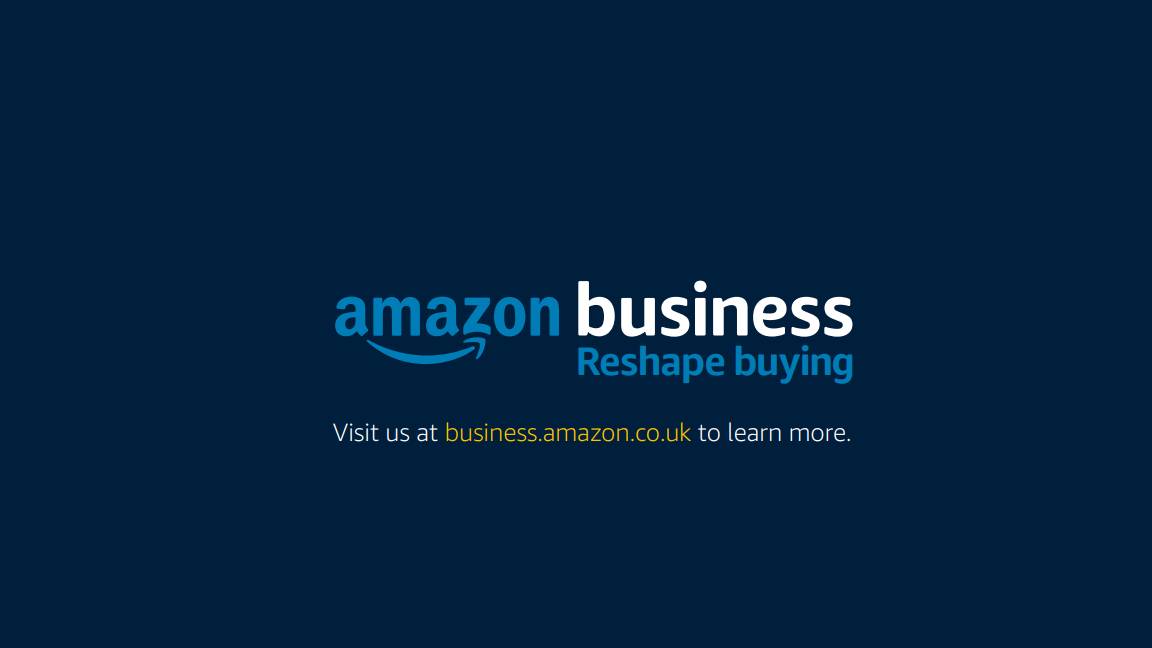How Airbnb went from blow-up beds to billion-dollar revenues
CEO Brian Chesky shares his secrets


Chesky noted that having a broad mix of people and personality types working within your company is crucial. This is important from a diversity and representation standpoint, but he also points out that different people have different skills on a strategic level.
"You can break people down into three different phases. There's phase one people, who are builders, there's phase two people, who are scalers, and there's phase three people, who are large-scale people," he said. "You need to have a diversity in the company of all three, and they need to respect one another and not really fight one another, and I think that at a lot of companies, there's a culture war between these stages, and I think that's very dangerous."
One of the main tenets of Chesky's management style at Airbnb is a very hands-on approach to leadership. Rather than focusing solely on the high-level aspects of managing a multi-million dollar company, he makes a concerted effort to immerse himself in Airbnb's day-to-day operations. Every Sunday, for example, he sends out an email to the company with whatever is on his mind, which leads to staff replying to him and opening dialogues about various elements of the business. "I always wanted to have a pretty flat organisation, where anyone could come up with an idea," he said.
"I say, 'walk the park'. It came from Walt Disney; Walt Disney used to walk the theme park every single day when he was building Disneyland," Chesky explaied. "You don't manage just by metrics, you manage by visibility, by walking around. You'll often learn as much in the hallways and popping into meetings as you will through your chain of command."
Like many other Silicon Valley leaders, Chesky is also a big proponent of taking risks and 'celebrating failure'. Just because something isn't a success right away, he warned, doesn't necessarily mean it's a bad idea it could just be down to poor execution. As evidence of this, he pointed to Airbnb's 'experiences' offering, which went through two prior iterations before achieving the desired success.
"The problem is, so much of innovation is an enemy of what people want in an organisation, which is clear decision-making, lack of churn, all these things a clear process. And the problem is, sometimes innovation is not a clear process. Sometimes it breaks or undermines your processes, and you need to have, I think, some tolerance for that."
Get the ITPro daily newsletter
Sign up today and you will receive a free copy of our Future Focus 2025 report - the leading guidance on AI, cybersecurity and other IT challenges as per 700+ senior executives
Adam Shepherd has been a technology journalist since 2015, covering everything from cloud storage and security, to smartphones and servers. Over the course of his career, he’s seen the spread of 5G, the growing ubiquity of wireless devices, and the start of the connected revolution. He’s also been to more trade shows and technology conferences than he cares to count.
Adam is an avid follower of the latest hardware innovations, and he is never happier than when tinkering with complex network configurations, or exploring a new Linux distro. He was also previously a co-host on the ITPro Podcast, where he was often found ranting about his love of strange gadgets, his disdain for Windows Mobile, and everything in between.
You can find Adam tweeting about enterprise technology (or more often bad jokes) @AdamShepherUK.
-
 Predicts 2024: Sustainability reshapes IT sourcing and procurement
Predicts 2024: Sustainability reshapes IT sourcing and procurementwhitepaper Take the following actions to realize environmental sustainability
-
 Advance sustainability and energy efficiency in the era of GenAI
Advance sustainability and energy efficiency in the era of GenAIwhitepaper Take a future-ready approach with Dell Technologies and Intel
-
 2024 State of procurement report
2024 State of procurement reportWhitepaper The trends shaping the future of business buying
-
 Digital optimisation paves the way to strategic supplier management
Digital optimisation paves the way to strategic supplier managementWhitepaper Procurement’s role as a strategic driver
-
 Bringing order to the file management chaos plaguing AEC firms
Bringing order to the file management chaos plaguing AEC firmswhitepaper How a cloud-based solution, supported by edge technology, helps architecture, engineering, and construction firms boost performance and cut costs
-
 File data services to support modern manufacturing
File data services to support modern manufacturingwhitepaper Smart file data services deliver resilience and intelligence to the modern manufacturing organization
-
 Innovation in product development
Innovation in product developmentwhitepaper The latest data on how successful product development teams collaborate to build the future
-
 The small and medium business guide to buying
The small and medium business guide to buyingWhitepaper Optimising purchasing to save in 2024

